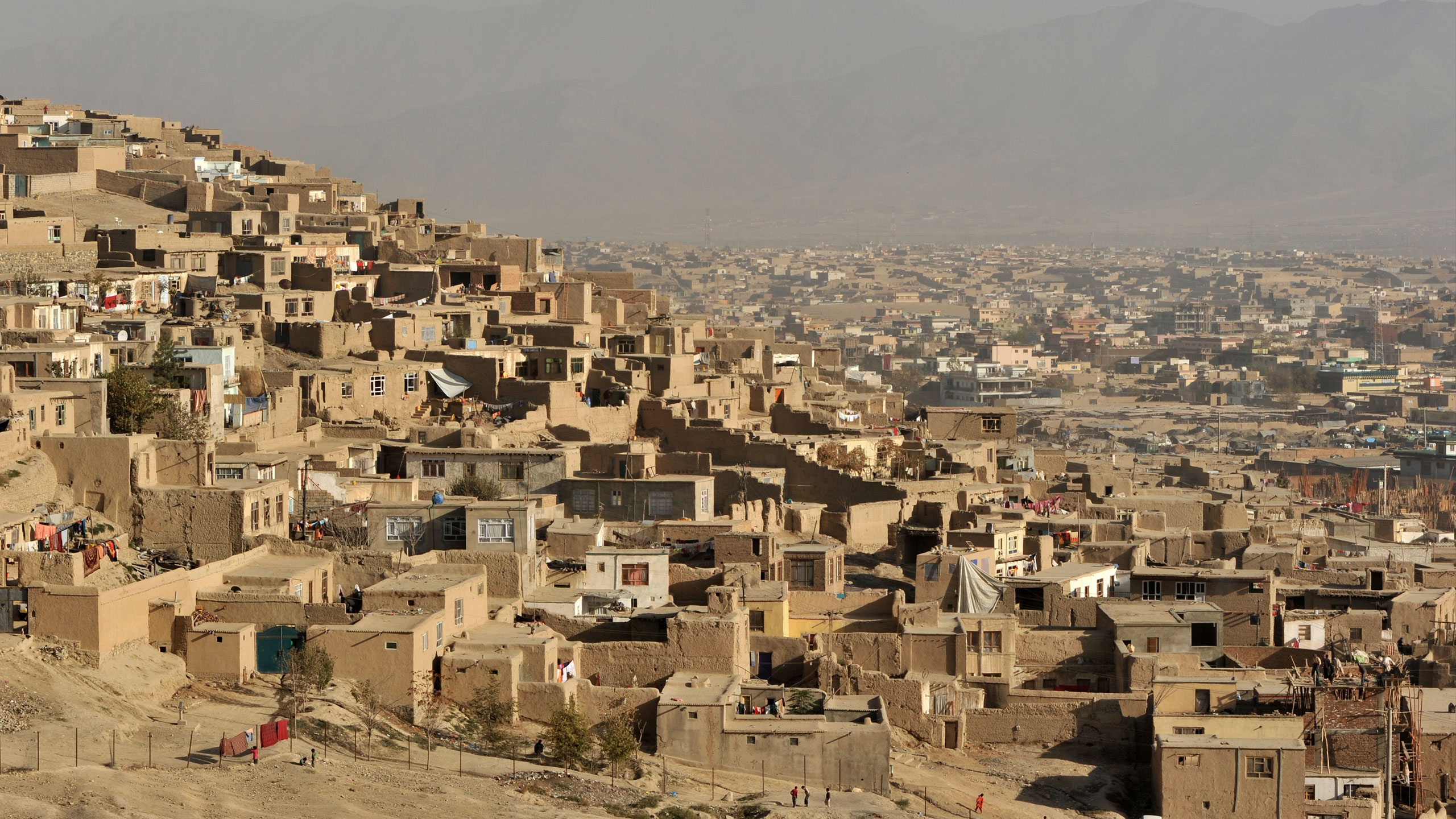Nearly five months after the Taliban regained power in Afghanistan, a new report paints a harrowing portrait of the additional dangers the country’s LGBTQ+ community faces in the midst of a devastating humanitarian crisis.
Published jointly by the LGBTQ2S+ non-profit OutRight International and the NGO Human Rights Watch (HRW), the Jan. 26 report finds that LGBTQ+ Afghans face “an increasingly desperate situation and great threats to their safety.” Consisting of more than 60 personal accounts and interviews with queer and trans people in the aftermath of the Taliban’s August 2021 seizure of the government, advocates argue that urgent action is needed to prevent further human rights abuses.
“We spoke with LGBT Afghans who have survived gang rape, mob attacks or have been hunted by their own family members who joined the Taliban, and they have no hope that state institutions will protect them,” said J. Lester Feder, OutRight’s senior fellow for emergency research, in a press statement.
Among the horrifying experiences detailed by those who survived the Taliban coup, a gay man identified as Ramiz S. recounted being beaten by a group of armed men after attempting to collect a paycheck. Ramiz recalled that he was then taken to another location and sexually assaulted for eight hours before he was released. After going into hiding, he testified that officials interrogated and tortured members of his family in their home for three days.
Riza, a trans woman, was chased through the streets by neighbours before she was arrested by Taliban officials. The officials allegedly assaulted her and shaved parts of her scalp and her eyebrows before dumping her back onto a road. After she was threatened by a commander who said he would kill her if he ever saw her face again, she fled from her home and has not been in contact with anyone since.
Other abuses included “sexual violence, child and forced marriage, physical violence from their families and others, expulsion from schools, blackmail, and being outed,” according to the report.
Although respondents expressed a desire to flee Afghanistan to find long-term safety, the report found very few examples or accounts in which LGBTQ+ refugees were able to evacuate successfully. Addressing the limited options for those trapped within the country’s borders, Feder noted that “most of Afghanistan’s neighbours also criminalize same-sex relations,” leaving the prospect of escape for many as a nearly futile endeavour.
“It is difficult to overstate how devastating—and terrifying—the return of Taliban rule has been for LGBT Afghans,” he said.
Homosexuality in Afghanistan was officially criminalized in 2018 under the regime of former president Ashraf Ghani, although anti-LGBTQ+ legislation had already been codified all but in name. In addition to existing legislation prohibiting the formation of LGBTQ+ groups, a study conducted by the U.S. Department of State in 2020 found that members of Afghanistan’s LGBTQ+ community reported persecution by both law enforcement and the public at large, and experienced routine denial of access to health care.
After the 2018 statute passed, punishments for those convicted of same-sex activity included corporal punishment, incarceration or death.
The Taliban takeover, which marked the end of the 20-year conflict between U.S. troops and military insurgents, has only added to the LGBTQ+ community’s woes, even as the rest of the country remains in turmoil. In addition to the after-effects of the military conflict—which has resulted in thousands of civilian casualties—a major drought and two major earthquakes have left 40 million people with limited or no resources, according to the New York Times.
The situation prompted the United Nations to appeal for $5 billion in humanitarian aid, although fundraising has been severely hindered due to U.S. sanctions.
Both OutRight and HRW called for nations around the globe to immediately intercede on the behalf of Afghanistan’s LGBTQ+ population by providing additional humanitarian aid and offering international intervention.
“The Taliban have explicitly pledged not to respect LGBT Afghans rights,” said Heather Barr, HRW’s current associate women’s rights director, in the press release. “It’s critically important for concerned governments to urgently put pressure on the Taliban to respect the rights of LGBT people, ensure that assistance they provide Afghanistan reaches LGBT people, and recognize that LGBT Afghans seeking asylum face a special risk of persecution in Afghanistan and neighboring countries.”


 Why you can trust Xtra
Why you can trust Xtra


